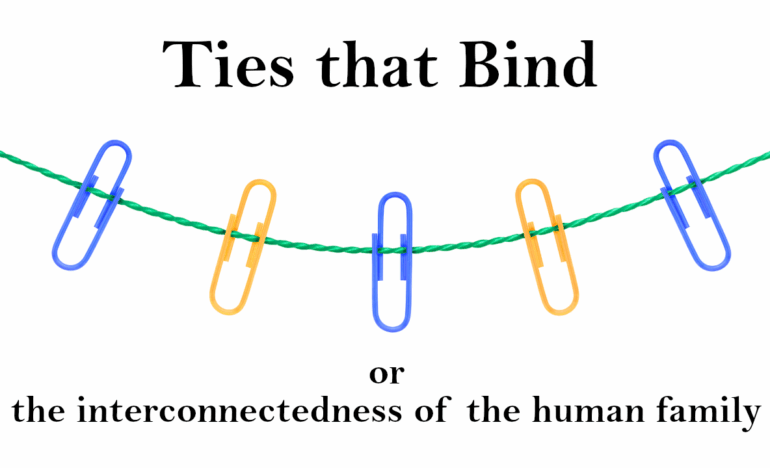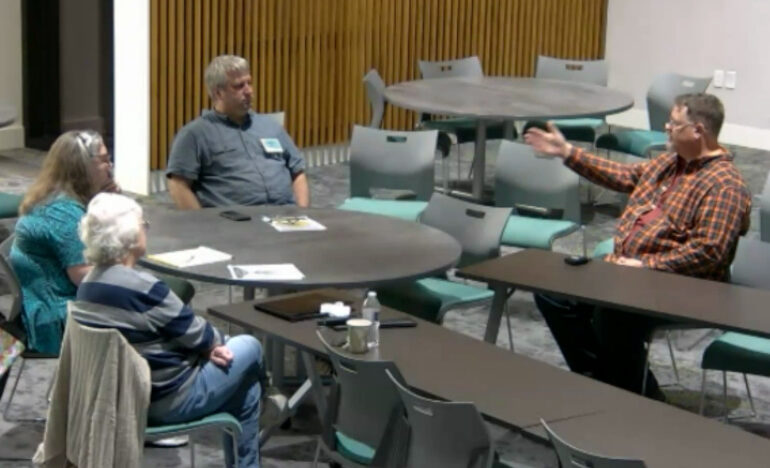Changing unhelpful habits

An Assembling God’s Puzzle video
It is said that we humans are creatures of habit. I think that is true. God made us that way, and like it or not, we have to figure out what to do with that piece of the puzzle that is part of being human.
We generally like habits because we like the familiar, and we like routine. Habits save us time and energy. Habits are kind of like automatic pilot on an airplane. They save us the trouble of having to do things “manually.” For example, I brush my teeth out of habit. It saves me from having to decide each morning how and if I’m going to brush. I do it automatically. It is the same with any repetitive task.
Habits are mainly unconscious and we don’t even think about them, until they cause us problems. For instance, the habit of coming home from work each day and spending the evening couch-surfing might keep us from getting important stuff done. Or the habit of eating fast food for lunch each day may cause us health problems. Or the habit of checking out social media fees every 20 minutes may be problematic. We only think about changing habits usually when it is important enough to us, that is, when the habit causes too many problems.
Many people don’t realize that in addition to behavioral habits, we also have thinking habits. We get used to certain thoughts or ways of thinking, and we repeat them automatically. The thoughts may or may not be true or accurate, but because they are basically unconscious habits, we continue to repeat them. When those thoughts are inaccurate, they cause us problems.
For example, when I make a mistake, my first thought might be “it is a failure.” My second thought then might be “I’m a failure.” That thought is inaccurate because making a mistake doesn’t make a person anything. It’s just a mistake.
Or my thought might be that I am worthwhile only when I can care for people. Then I get sick and can’t care for anyone. My next inaccurate thought might be that I am useless and worthless. That thought is not true for anyone, but people often repeat that thought and it causes them problems.
Some people have habitual inaccurate thoughts about others of different races or religions. That is one aspect of racism, and it causes us many problems.
If a thought habit causes us enough problems, we might be up for changing the habit, of taking our thinking off automatic pilot.
We all know what it takes to change a behavioral habit — you notice the behavior you want to change, you choose a new behavior, and then you practice doing it over and over.
Changing a thinking habit works the same way, but is a little more challenging. It requires being conscious and mindful of how your mind is working, what thoughts are going through your mind at any give time. There are basically four steps to changing a thinking habit:
- Identify the specific thought that causes problems, e.g. “I’m a failure for making a mistake.”
- Identify the reason(s) it isn’t accurate, e.g. “All people make mistakes, I’ve succeeded before.”
- Identify an alternative thought, e.g. “To err is human, nobody’s perfect.”
- Practice the new thought over, and over, and over.
One reason thinking habits are such a challenge to change is because we’ve probably been repeating the thought for a very long time, possibly for years. Changing something so ingrained takes much work, focus, time and practice. That is why many people simply give up when their efforts do not have quick results. But practice makes perfect, as they say, and if we work at it, we can change our thinking habits.
It is like changing which hand we write with. We habitually use our dominant hand, but if we can’t use that hand because of injury, we may need to change the habit and write with our non-dominant hand. When we first try it, our handwriting is terrible, feels terrible, is slower and cumbersome, and we might barely be able to read our writing. But with practice, we can get very good at writing with the non-dominant hand and it becomes more automatic and comfortable. We get good at what we practice.
I hope some of this has been helpful, and I wish you good luck in the work of changing unhelpful habits.
All of the videos in this series can be found here: Assembly God’s Puzzle.
Never miss an article published on the Renewal Center website: Sign up to receive our newsletters.
[Fr. Garry Richmeier, a Precious Blood priest and spiritual director, holds a Master’s of Divinity Degree from St John’s University in Collegeville, Minnesota, and a Master’s of Counseling Psychology degree from the University of Missouri-Kansas City. He is a licensed professional counselor and a licensed marriage and family therapist.]
Photo 36415219 © Alphaspirit | Dreamstime.com
We’d Like to Hear from You!
We’d like to know what you think about this article. Send us a comment using the form below. Do you have a suggestion? Is there something you want to learn more about? Send us a note.
Related

Ties That Bind
By Fr. Garry Richmeier, C.PP.S.
We pride ourselves on being independent, self-made, with a “pull yourself up by your bootstraps” mentality. But we sometimes give in to the “group think,” attaching ourselves to a group, a religion, a philosophy and blindly follow the herd. Finding middle ground between these extremes is necessary for a satisfying, productive life.

Introduction to Buddhist Meditation
This is a recording of “Introduction to Buddhist Meditation” presented by Lama Matthew Palden Gocha at Precious Blood Renewal Center in Liberty, Missouri, on Nov. 6, 2025, as part of our Teach Us to Pray series.
Categories
Assembling God's Puzzle Coffee with Padre Cooking & Spirituality Encounters of the 4th Kind Family Matters Guided Meditations Reflections on the Eucharsitic Prayers Spiritual Resources Taize Prayers Teach Us to Pray The Contemplative Life Traveling with Pilgrims of Hope Uncategorized Videos When you need a little help
